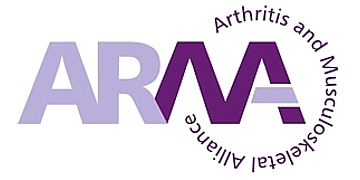 Making decisions about shielding – based on guidance issued 22 September for England
Making decisions about shielding – based on guidance issued 22 September for England
This document is based on guidance for England. The principles of assessing your own risk and the risk of different activities is the same wherever you live. If you live in Wales, Scotland or Northern Ireland, check your national guidance and advice for people who are clinically extremely vulnerable – see links below.
Just over 2 million people in England were advised earlier this year that they needed to shield because they are extremely vulnerable to the COVID-19 virus.…
Read more of this article

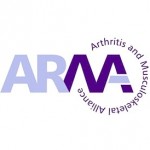
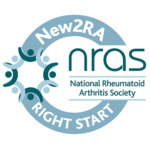
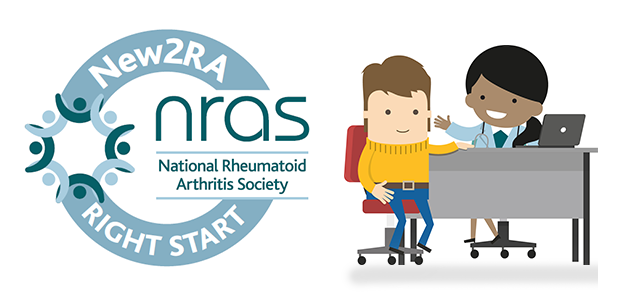 NRAS has a new video on the benefits of the Right Start Service for patients newly or recently diagnosed with rheumatoid arthritis.
NRAS has a new video on the benefits of the Right Start Service for patients newly or recently diagnosed with rheumatoid arthritis.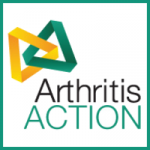
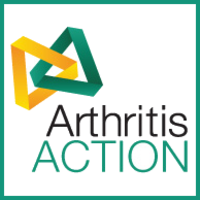

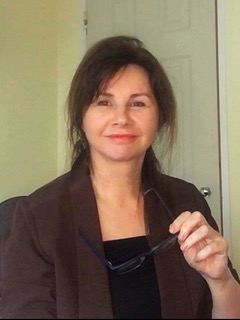 By Jane Green – advocate ex Assist. Headteacher, BSc (HONS) Psych., PGCE QTS, Adv.Dip.Ed.(CD), MA Ed. (Leadership and Management), Social Care Institute for Excellence Trustee and on the co-production steering board for four years
By Jane Green – advocate ex Assist. Headteacher, BSc (HONS) Psych., PGCE QTS, Adv.Dip.Ed.(CD), MA Ed. (Leadership and Management), Social Care Institute for Excellence Trustee and on the co-production steering board for four years
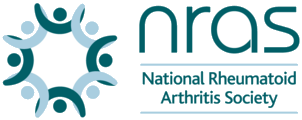 In July and August 2020, NRAS ran a survey asking about the impact of the Covid-19 lockdown on the working lives of people living with rheumatoid arthritis or another form of inflammatory arthritis.
In July and August 2020, NRAS ran a survey asking about the impact of the Covid-19 lockdown on the working lives of people living with rheumatoid arthritis or another form of inflammatory arthritis.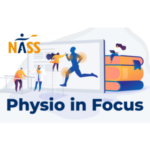
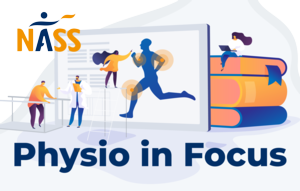 On 7 November 2020, NASS will be hosting a new event for any affected by axial SpA (AS).
On 7 November 2020, NASS will be hosting a new event for any affected by axial SpA (AS).
 The Patients Association has published a report of patient experiences of Covid-19. The results show the massive toll on all patients of the coronavirus pandemic and the emergency measures taken in response to it. Some patients reported good ongoing care, and were impressed by the way their local communities came together to support them.
The Patients Association has published a report of patient experiences of Covid-19. The results show the massive toll on all patients of the coronavirus pandemic and the emergency measures taken in response to it. Some patients reported good ongoing care, and were impressed by the way their local communities came together to support them.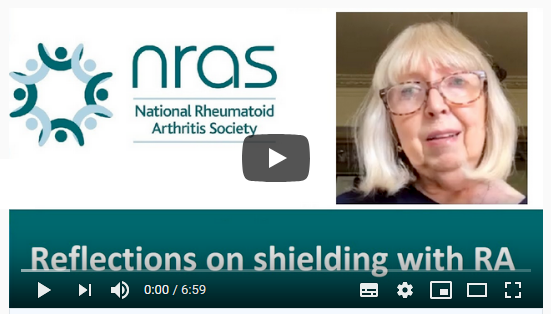

 by Victoria Wells, a personal reflection about a new play with a theme of dancing for health – how a work of theatrical art relates to my experience of joint replacement surgery, pre-operative rehab, post-op rehabilitation and a lifetime of dancing.
by Victoria Wells, a personal reflection about a new play with a theme of dancing for health – how a work of theatrical art relates to my experience of joint replacement surgery, pre-operative rehab, post-op rehabilitation and a lifetime of dancing.
 This blog post from the HMSA’s Occupational Therapist, Jo Southall, provides an overview of strategies to deal with the not entirely comfortable idea of returning to an uncertain world when you’ve been shielding for some time, and is packed with ideas about how to ease that transition.
This blog post from the HMSA’s Occupational Therapist, Jo Southall, provides an overview of strategies to deal with the not entirely comfortable idea of returning to an uncertain world when you’ve been shielding for some time, and is packed with ideas about how to ease that transition.